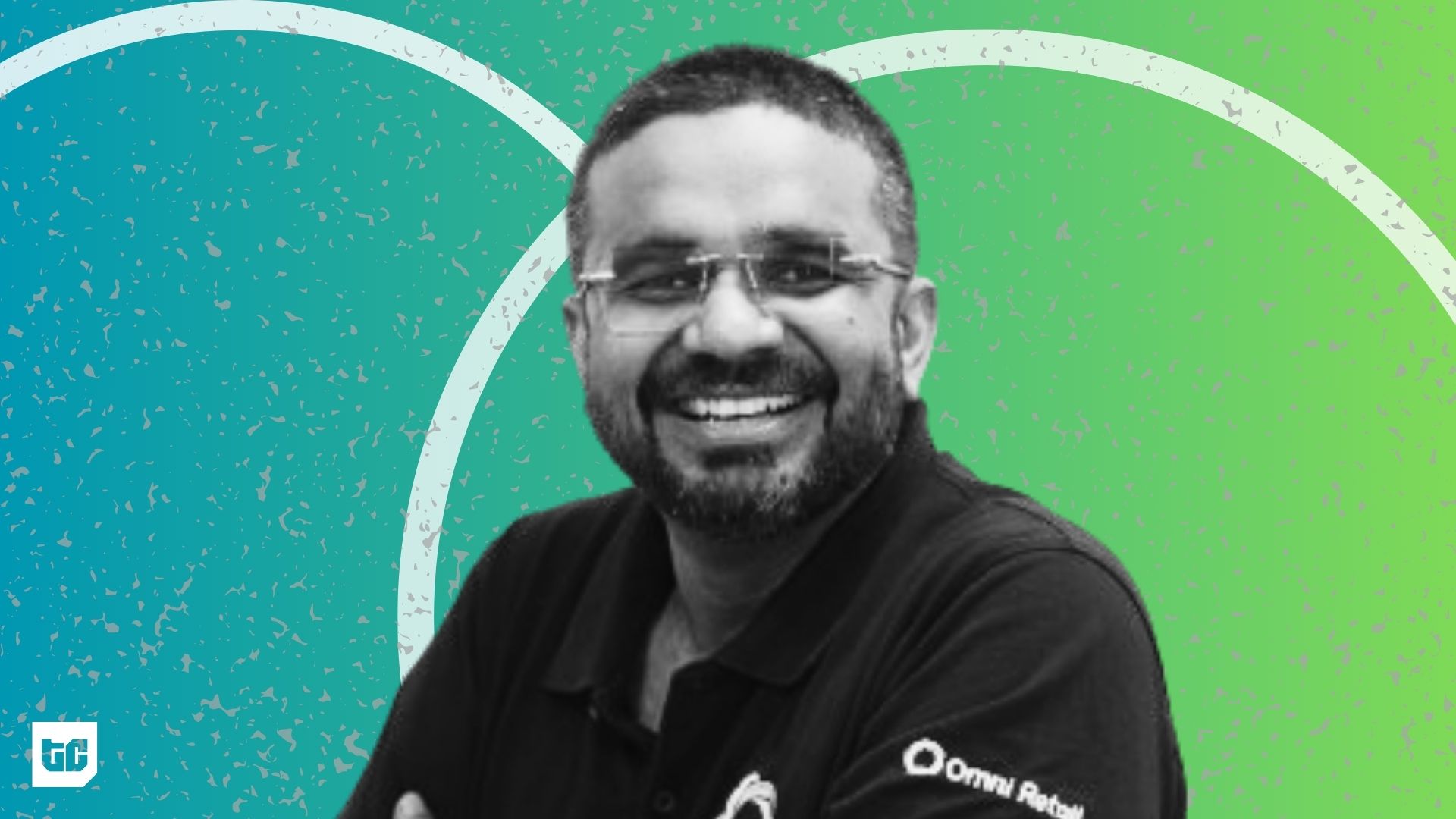OmniRetail is Deepankar Rustagi’s second stab at a technology-enabled marketplace. For his second turn, he believes he has cracked the code.
When Deepankar Rustagi founded Vconnect in 2010, it was one of Nigeria’s first marketplace products for hiring freelancers and artisans. Despite reaching over 400,000 businesses, an absence of integrated payments in a pre-Flutterwave world caused problems, and Vconnect closed its doors in 2017.
In 2019, Rustagi took another stab at another marketplace, this time for fast-moving consumer goods. He set out to digitise Nigeria’s traditional supply chain with OmniRetail, a B2B e-commerce startup that connects retailers to manufacturers and distributors.
OmniRetail is a function of Rustagi’s sales experience in Tolaram, the Indomie noodles maker, and a first-hand understanding of the bumpy road manufacturers must take to reach retailers. Technology is the asphalt that makes the road smoother, Rustagi believes.
Building this road with technology in Africa’s large informal markets is challenging. Traditional wholesalers, who have deep networks of retailers, and buy enough volumes to receive discounts from manufacturers, are difficult to unseat.
While one school of thought believes consolidation—such as Wasoko’s recent merger with MaxAB is the answer—Omniretail’s CEO believes in a hybrid approach. He believes the key to success is a mix of consolidation of strong players and technology companies onboarding traditional middlemen.
OmniRetai’s pitch to retailers is that they will benefit from joining a “network of networks.” This network comprises three products: Mplify, a platform for distributors; Omnibiz, a platform for retailers; and Omnipay, a payment product.
In practice, it looks like a retailer ordering products on Omnibiz, a distributor nearby accepting that order on Mplify, and making payments through Omnipay.
OmniRetail has moved quickly since its launch, raising $3 million in 2021 and reporting revenues of ₦59.3 billion in 2022. By 2024, it topped the Financial Times list of Africa’s fastest-growing companies.
Rustagi credits this rapid growth to the company’s deep market understanding. Before scaling its model, it used Surulere as a sandbox.
“We did our small experiment in Surulere to get the right unit economics right, then we started multiplying into other areas, and now into other countries, and we saw the power of scale.”
The company claims to serve 140,000 retailers, 4,500 distributors, and 135 manufacturers and has a monthly gross merchandise value (GMV) of $160 million.
OmniRetail makes money by getting a margin from a distributor to sell its products faster to retailers. It also makes money from the manufacturer by providing them insights on how their products move within the market. Information like this can improve efficiency by ensuring they produce just what the market needs at any given time.
The revenue lines indicate OmniRetail’s knowledge that merely replacing the distributor is a small-margin game.
“The value chain margin in commerce overall looks like 35%, and there are various layers, including distributor, wholesaler, and retailer. Transportation is happening at each stage, and working capital and loans are required at each stage. If you can play a role in these different layers of efficiency, you can get a large amount.”
While Rustagi will not be drawn into sharing exact figures, he claims OmniRetail’s net profit margin has increased by 8%. ”Our gross margin has increased by 4%, and our losses have converted into profitability. Today, we are a net profitable company.”
It has found early success in food and beverages where “margins are thin, but profitability is sure.”
“If you look at how much money you spend in a month, a significant portion goes into buying bread, noodles, pasta, garri, and rice. If we can deliver low-margin categories, then tomorrow, when we onboard other categories, we can grow our margins.”
OmniRetail will also grow its business to Francophone Africa and has tapped Steve Dakayi, an ex-Jumia executive, to lead the expansion. In Nigeria, it will expand to 24 cities, almost double the ten it currently operates in.
“We are now considering scaling outside food and beverages into other essential goods. We are not doing electronics; it is still another aspect of retail,” he said.
Rustagi also discussed the company’s use of Artificial Intelligence, which has captured the imagination of shareholders and business leaders.
In 2020, Rustagi says OmniRetail built an AI model that gives retailers data on customers’ buying patterns. Retailers use those insights to stock in-demand brands and improve their turnover.
With increased turnover will come a need for loans, which OmniRetail provides in partnership with the Bank of Industry.
“You don’t just have to ensure logistics and fulfillment. You have to ensure payments and credit as well.”
OmniPay is integrated with 14 financial institutions, including Paga, Stanbic IBTC, Access Bank, and Moniepoint.
“Now, we do ₦20 billion in payments every month. And the way it is growing, I think very soon, we’ll be doing 10s of millions every day.”
Listening to Rustagi, it’s difficult to believe this sector has generated multiple think pieces questioning its future. It doesn’t feel like irrational optimism; Rustagi genuinely believes OmniRetail has cracked the code.
“We are a company that can grow 10x in three years.”




















